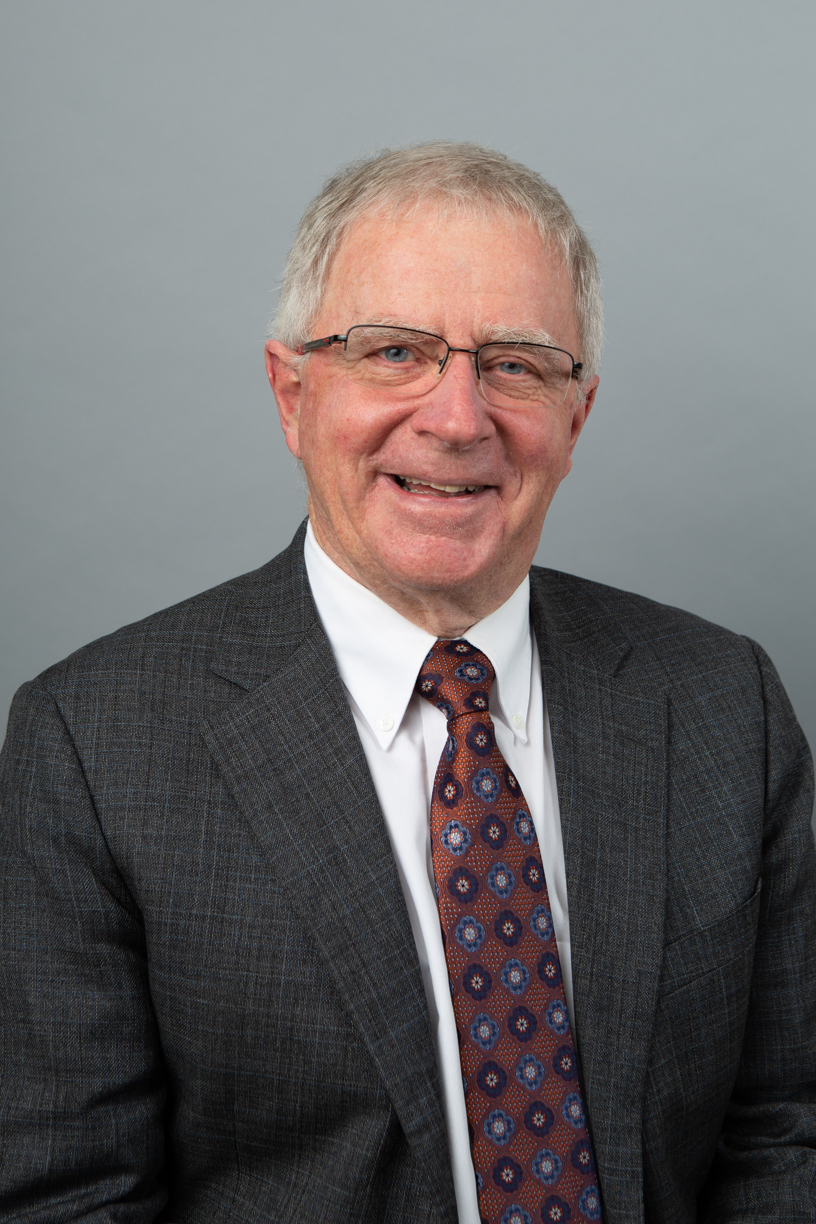Doctors and nurses are among the medical professionals coming out of retirement to continue working during the COVID-19 pandemic.

Dr. Chris Randell has tried to retire multiple times, including most recently in December. But retirement has been put on hold as the former family physician will be working at a secondary assessment centre in Yarmouth, N.S., and is expected to start Wednesday.
“You’ve screened out the ones who are less likely to have the disease, and now you’re in a higher probability,” he says. “So they send you over to that particular clinic for further assessment.”
Despite putting himself back on the frontlines, he says it’s a matter of following protocols and wearing personal protective equipment.
“We understand more and more as the days go by, and as the other countries share information with us through the medical community,” he says. “The basics that have been there since the beginning, the distancing, obviously becomes a problem when you have to examine a patient, but you take the necessary precautions.”
“You have the training and the need is there,” he says as to why he’s going back.
Dr. Brian Wheelock, a retired neurosurgeon in the Saint John area, says he first thought about returning to work in the health care system two weeks ago.

Get weekly health news
He sent an email to the local chief of staff “saying if you have something that is low-risk for me, because I’m over 70, so I’m in a high-risk group like other people my age, then I’d be interested in helping.”
“I’ve thought about it a lot and talked about it a lot because it’s obviously an issue of risk versus benefit,” he tells Global News. “But I felt that I still had things to offer and a lot of administrative experience, and if I could help, that’s what I’d do.”
Wheelock has already started work, and is screening staff and physicians entering the hospital.
New Brunswick’s Horizon Health Network said Monday 900 retirees and students from the medical profession have offered to work, and 100 offer letters were sent out Friday.
Wheelock says he’s “baffled” to see people continue to disobey public health orders despite the pandemic’s growing number of cases.
“There’s a real benefit to society,” he says. “Aside from flattening the curve, as Chief Medical Officer of Health Dr. Jennifer] Russell continues to say, but also in protecting people who are more vulnerable than themselves.”
Janet Hazelton, Nova Scotia Nurses Union president, says the college of nursing in that province has waived licensing fees for retired nurses to help expedite the process for people going back to practice. She says some nurses could be required to work for the 811 phone line, or return to a previous health facility, such as a long-term care home.
“Potentially, it’s going to get a lot worse before it gets better,” she says. “Because we don’t need them today, doesn’t mean we’re not going to need them tomorrow.”
Questions about COVID-19? Here are some things you need to know:
Health officials caution against all international travel. Returning travellers are legally obligated to self-isolate for 14 days, beginning March 26, in case they develop symptoms and to prevent spreading the virus to others. Some provinces and territories have also implemented additional recommendations or enforcement measures to ensure those returning to the area self-isolate.
Symptoms can include fever, cough and difficulty breathing — very similar to a cold or flu. Some people can develop a more severe illness. People most at risk of this include older adults and people with severe chronic medical conditions like heart, lung or kidney disease. If you develop symptoms, contact public health authorities.
To prevent the virus from spreading, experts recommend frequent handwashing and coughing into your sleeve. They also recommend minimizing contact with others, staying home as much as possible and maintaining a distance of two metres from other people if you go out.
For full COVID-19 coverage from Global News, click here.










Comments